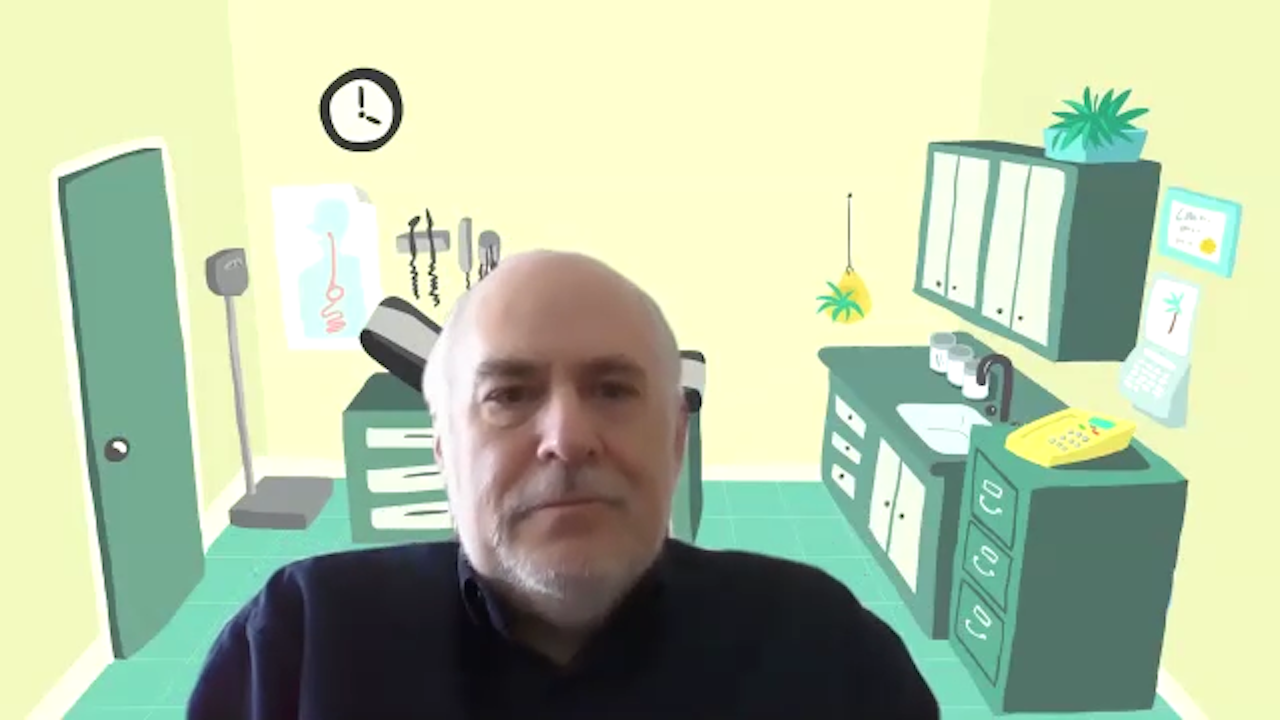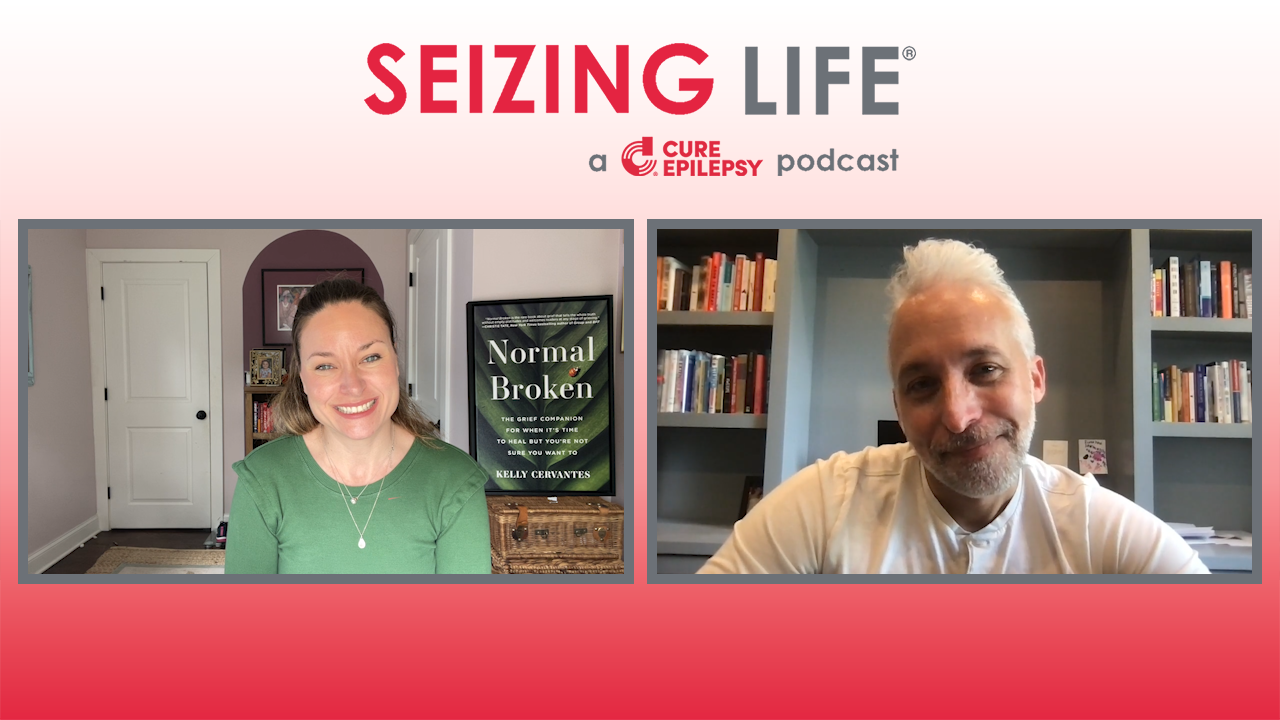Seizure Tracker™: Empowering the Community With Data
Communication with you or a loved one’s physician is vital to managing epilepsy and working towards the best possible outcome. However, it can be challenging to explain or even recall all of the information about seizures, medications, and reactions that may occur between in-person visits. Lisa and Rob Moss faced this challenge while managing their son’s severe form of epilepsy and tackled it by creating Seizure Tracker. While this app comes from humble beginnings, Seizure Tracker now provides patients, families, and physicians the ability to track, understand, and treat seizures, as well as tools to manage treatment regimens and document medication side effects. The data collected can not only help to guide treatment plans, but also provides epilepsy researchers valuable information to further scientific advancement.
Lisa and Rob Moss’s son, Evan, began having seizures before he was a month old and was eventually diagnosed with Tuberous Sclerosis Complex, a rare genetic disease that causes non-cancerous tumors to grow in the brain and other vital organs. Evan’s seizures rapidly became more frequent, requiring constant medication changes and hospital stays. Remembering all of Evan’s seizure activity and reactions to treatment was challenging and resulted in inaccurate, anecdotal information. One night while staying with Evan in the ICU, Rob began to program a simple website to relieve this frustration – Seizure Tracker. Since then his mission has become empowering patients to have an active dialogue with their doctors in the pursuit of better treatment and therapy decisions.
In this remotely-recorded episode of Seizing Life, Rob recounts how his frustration led to inspiration, and how Seizure Tracker was quickly embraced by patients, families, and doctors. Since its launch in 2007, Seizure Tracker has grown to 34,000 users and now includes numerous community-requested tools that incorporate new technologies and treatments, such as VNS wand tracking, rescue plans and medications, video recording of seizures, and voice-activated seizure tracking using Amazon Alexa. Rob also explores how patients and caregivers can take an active role in epilepsy research by sharing anonymized Seizure Tracker data with researchers, providing valuable information that may help generate new epilepsy treatments.
Download Audio
Want to download this episode? Fill out the form below and enjoy the podcast any time you’d like!




